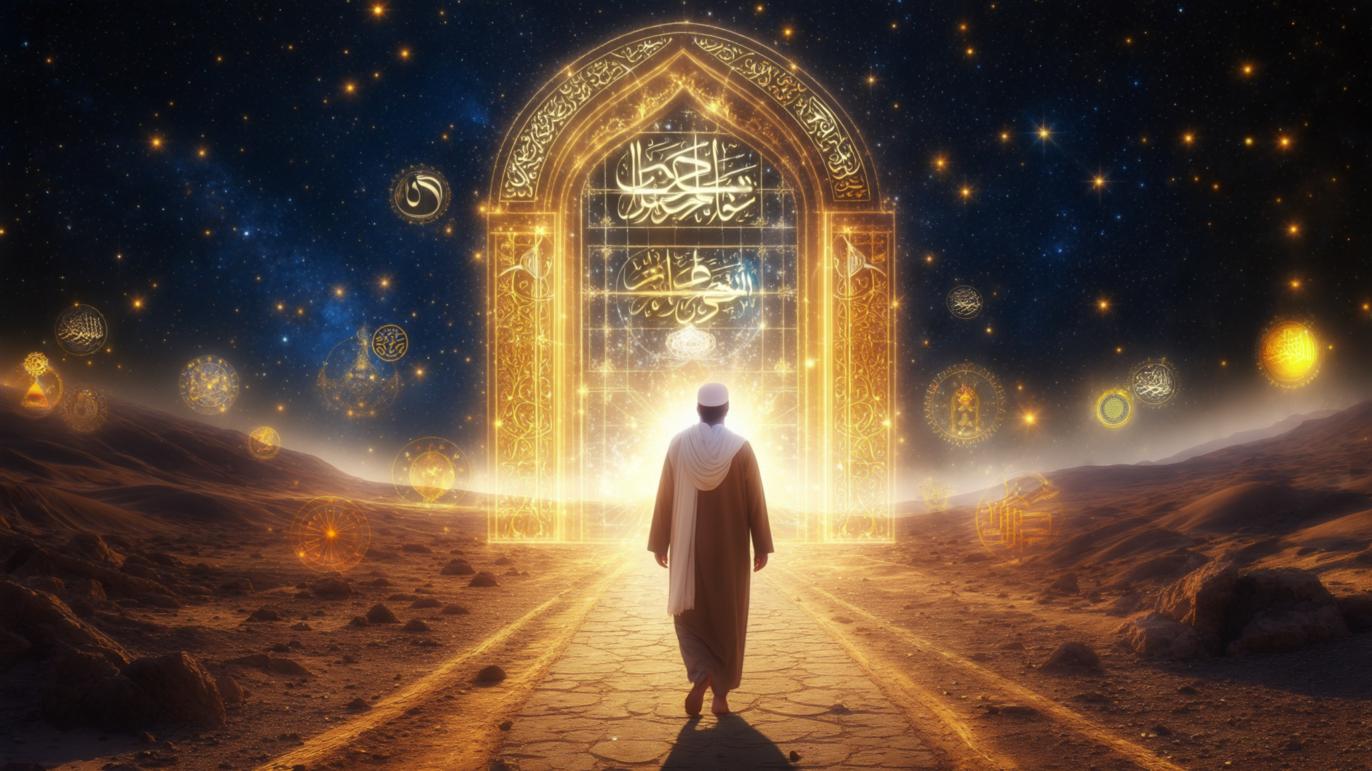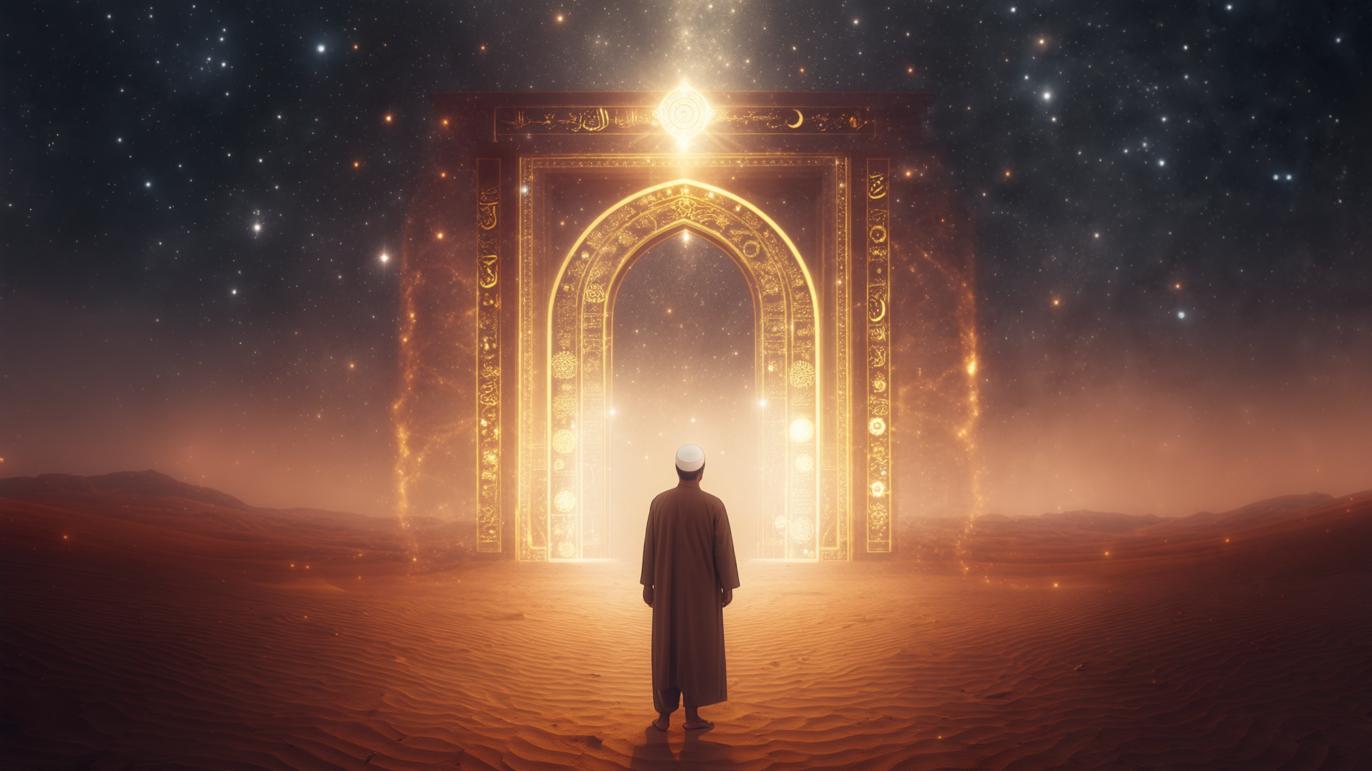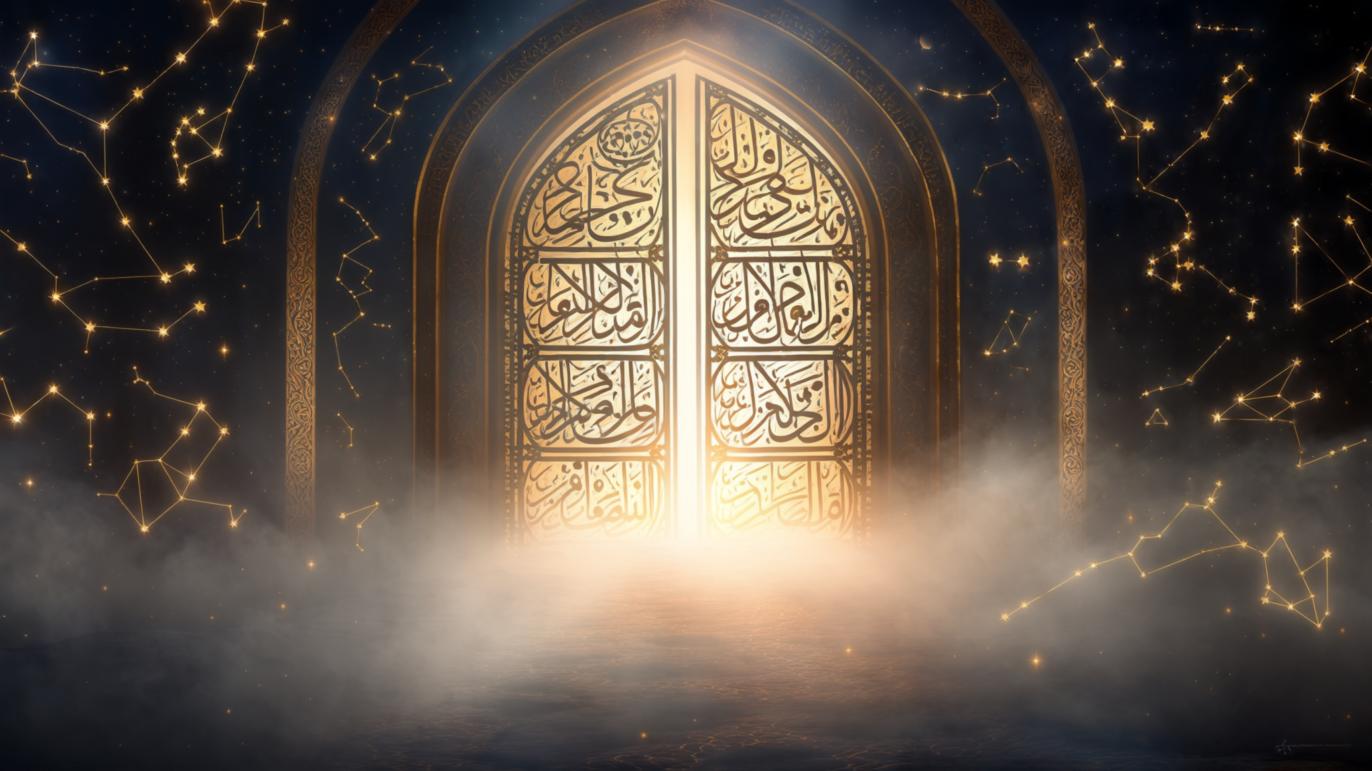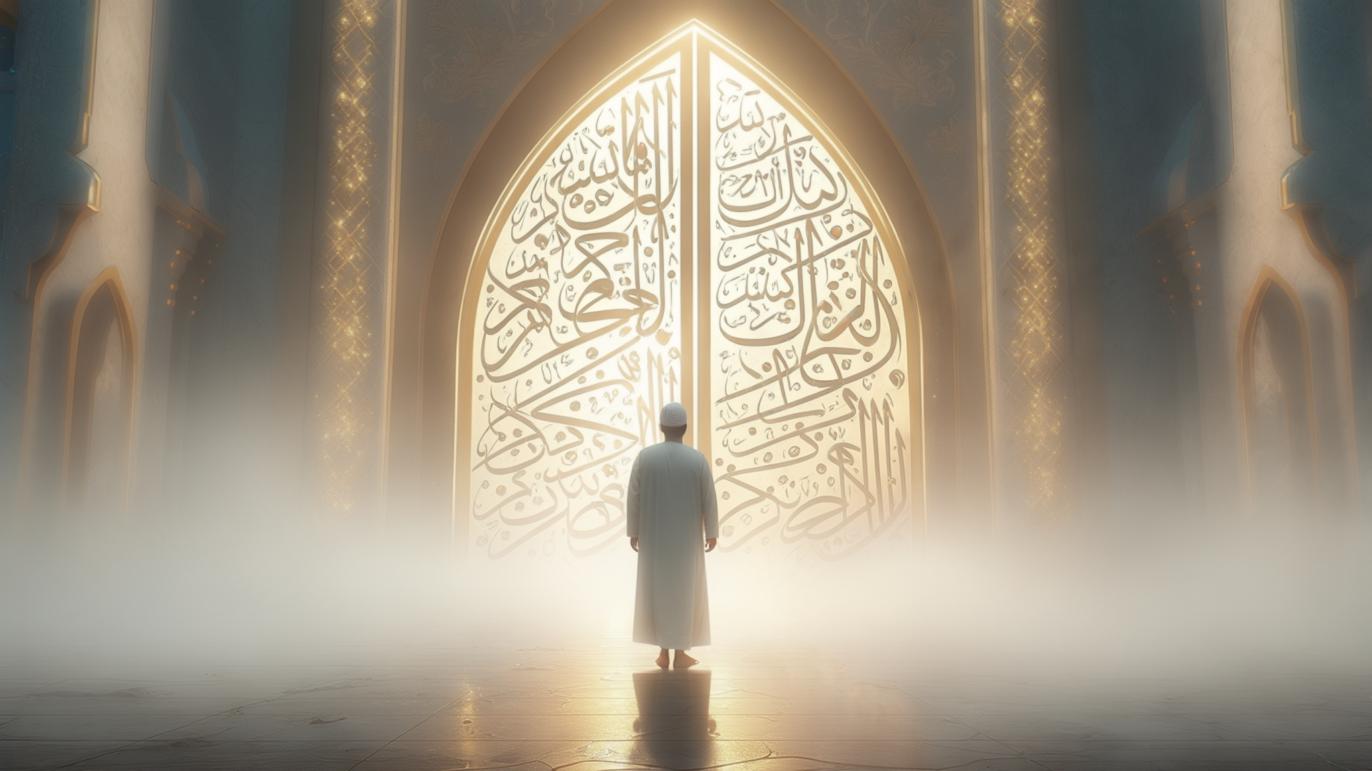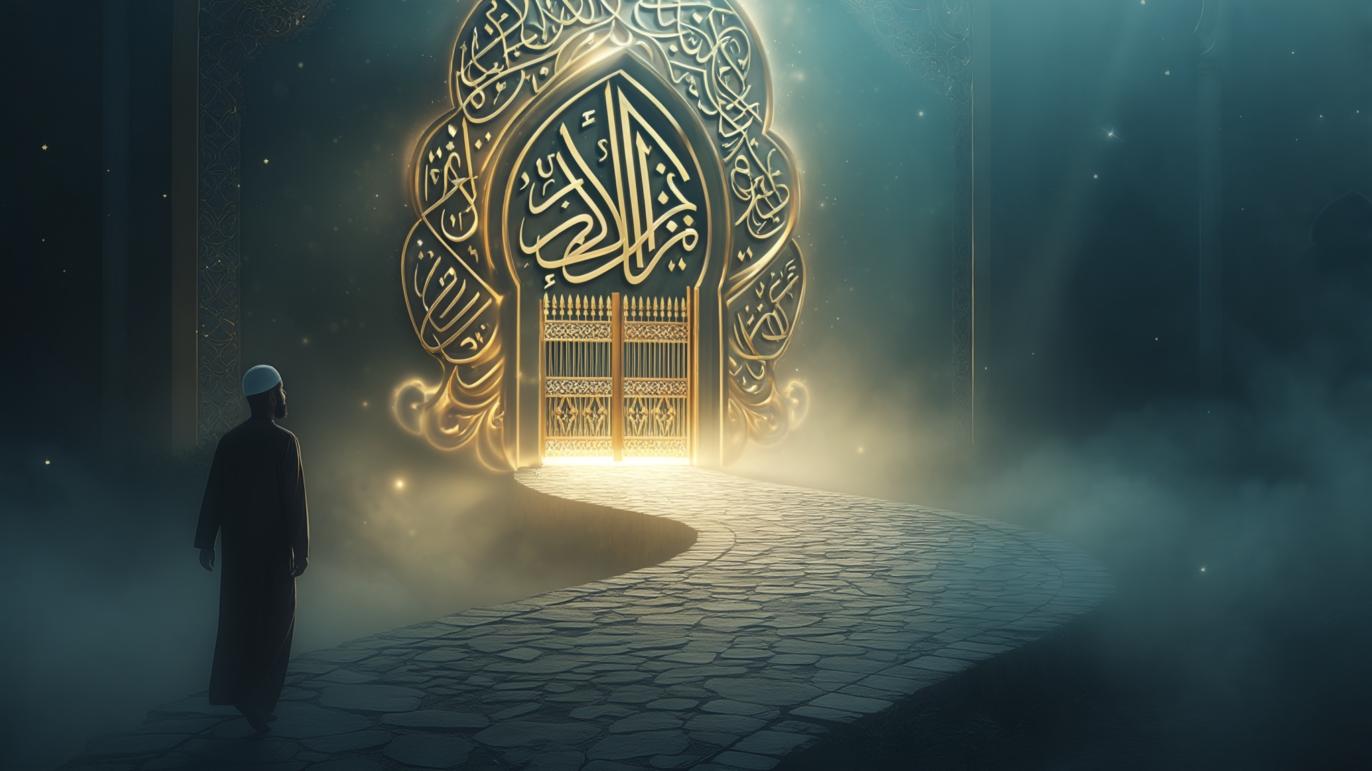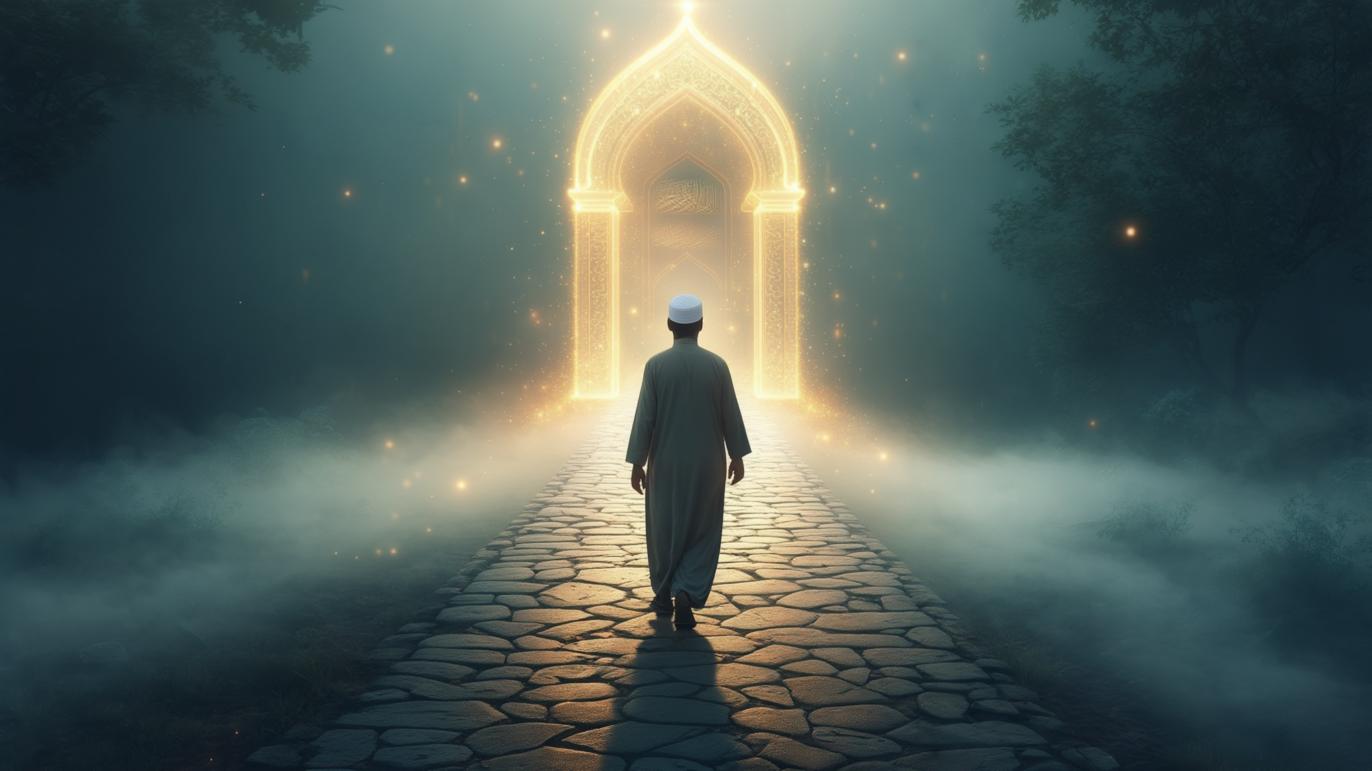Introduction to the Holy Quran
The Final Revelation from Allah to Mankind
What is the Quran?
The Quran (القرآن الكريم) is the holy book of Islam, revealed by Allah (God) to Prophet Muhammad (peace be upon him) through the Angel Gabriel over a period of 23 years. It is the final and complete revelation from Allah to mankind, serving as guidance for all aspects of human life.
The word "Quran" comes from the Arabic root "ق-ر-أ" meaning "to read" or "to recite." It is also known as "Al-Kitab" (The Book), "Al-Furqan" (The Criterion), and "Adh-Dhikr" (The Reminder).
Revelation of the Quran
Meccan Period (610-622 CE)
The first 13 years of revelation, focusing on the fundamental beliefs of Islam, the oneness of Allah, the Day of Judgment, and moral guidance. These verses are characterized by their powerful, rhythmic style.
Medinan Period (622-632 CE)
The final 10 years of revelation, focusing on legal rulings, social organization, and detailed guidance for the Muslim community. These verses are more detailed and prescriptive.
Structure of the Quran
114 Surahs (Chapters)
The Quran is divided into 114 chapters called Surahs. Each Surah has a unique name and varies in length from 3 verses (Surah Al-Kawthar) to 286 verses (Surah Al-Baqarah). The Surahs are arranged roughly by length, with the longest first.
6,236 Ayahs (Verses)
The Quran contains approximately 6,236 verses (Ayahs), each containing a complete thought or command. Each verse is a miracle in itself, containing profound wisdom and guidance.
30 Juz (Parts)
For recitation purposes, the Quran is divided into 30 equal parts called Juz or Para. This division makes it easier to complete the entire Quran in a month, especially during Ramadan.
Key Themes of the Quran
Tawhid (Monotheism)
The fundamental belief in the oneness of Allah, His unique attributes, and the rejection of all forms of polytheism and idolatry.
Akhirah (Hereafter)
Belief in the Day of Judgment, resurrection, paradise, and hellfire, emphasizing accountability for one's actions.
Nubuwwah (Prophethood)
The belief in all prophets sent by Allah, with Prophet Muhammad (peace be upon him) as the final messenger.
Moral Guidance
Comprehensive guidance on ethics, justice, compassion, and righteous conduct in all aspects of life.
Importance of the Quran
The Quran is essential for every Muslim because:
- It is the direct word of Allah, preserved in its original Arabic form
- It provides complete guidance for all aspects of human life
- It contains the stories of previous prophets and nations for our learning
- It establishes the legal framework for Islamic jurisprudence
- It serves as a source of healing and spiritual nourishment
- It is a miracle in itself, containing scientific facts and prophecies
- It brings peace and tranquility to the hearts of believers
How to Study the Quran
1. Learn Arabic
While translations are helpful, learning Arabic allows you to understand the Quran in its original language and appreciate its linguistic beauty.
2. Study Tafsir
Read authentic commentaries (Tafsir) by renowned scholars to understand the context, meaning, and application of Quranic verses.
3. Regular Recitation
Make it a habit to recite the Quran daily, even if it's just a few verses. The Prophet (peace be upon him) said, "The best of you are those who learn the Quran and teach it."
4. Reflect and Apply
Take time to reflect on the meanings and apply the teachings in your daily life. The Quran is meant to be lived, not just read.
"This is the Book about which there is no doubt, a guidance for those conscious of Allah." (Quran 2:2)




